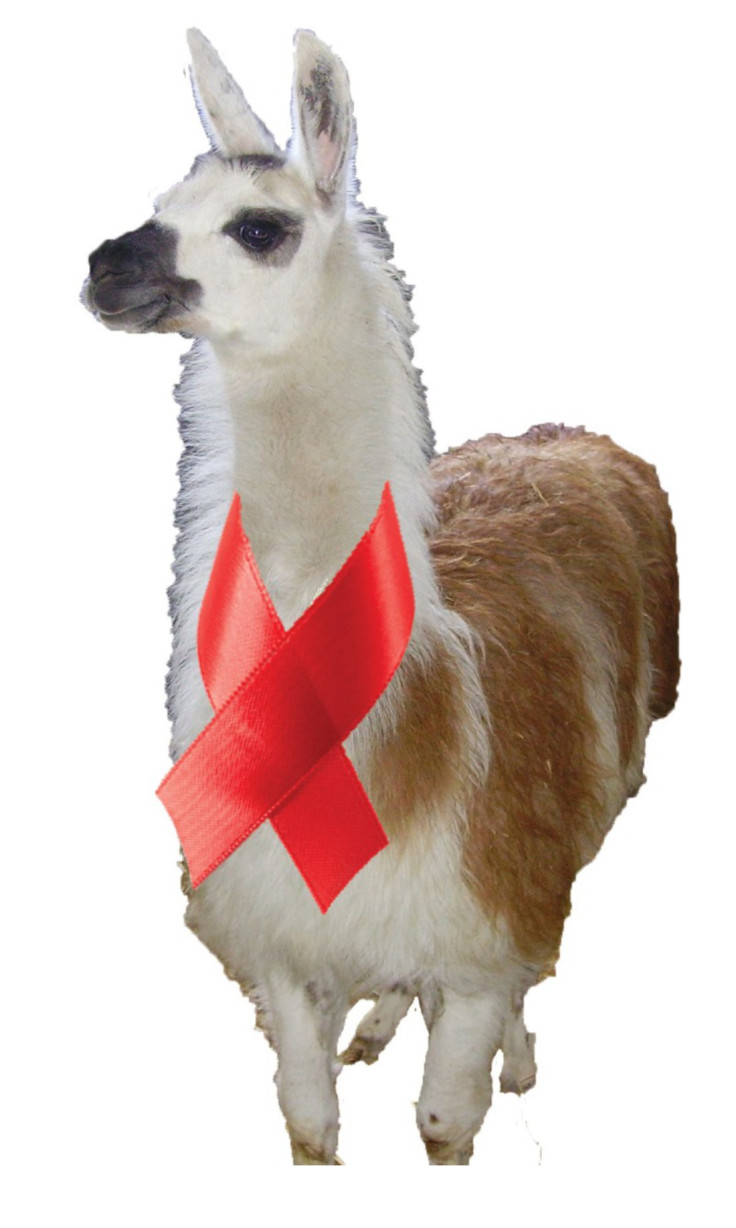Llama antibodies can destroy wide range of HIV viruses

Llama antibodies have been found to destroy a wide range of circulating HIV viruses, researchers have discovered.
Published in PLOS Pathogens, llamas were targeted because they do not produce antibodies in the same way most mammals do.
At present, there is no vaccine for HIV. Currently, researchers are trying to find safe and effective vaccine formulations that trigger the development of neutralising antibodies. These would then recognise and prevent infection with most forms of HIV.
In most animals, antibodies are large proteins made up of two copies of two different individual parts. Researchers believe their size is one of the reasons why neutralising antibodies are rare.

However, llamas not only produce the common four-chain antibodies, but also smaller ones made up of only two chains – meaning scientists were interested in studying their potential.
One HIV neutralising llama antibody had already been identified. In the latest study, scientists identified an additional three antibodies.
Together, the four can target different parts of the CD4 binding site of the HIV virus – most antibodies are directed against a specific part of the virus that binds to the CD4 receptor on human target cells.
When combined, the llama antibodies were found to neutralise all of the 60 different HIV strands tested. However, we are still a way off finding a vaccine for HIV, the authors note.
"While it is encouraging that broadly neutralising antibodies were found in all of the immunized llamas, they are present only at low concentrations in the blood, and so fail to meet the goal for a protective HIV vaccine," the researchers said in a statement.
They said the llama model has allowed them to test the neutralising antibodies, which has previously never been tested, they added.
"Immunisation can induce potent and broadly neutralising antibodies in llamas with features similar to human antibodies, and provide a framework to analyse the effectiveness of immunisation protocols."
© Copyright IBTimes 2025. All rights reserved.






















